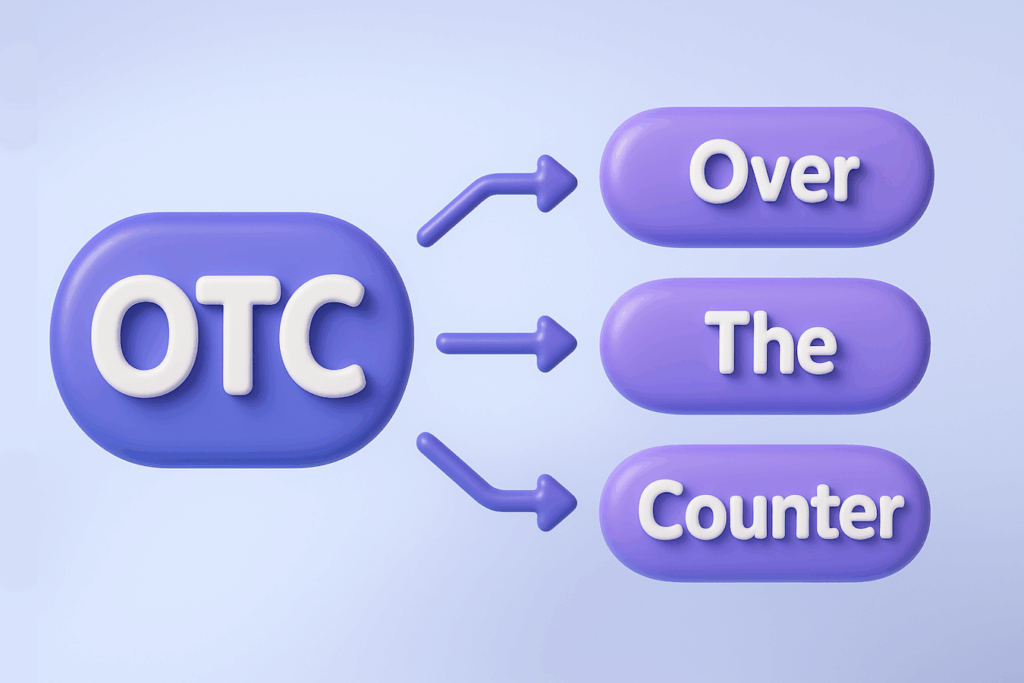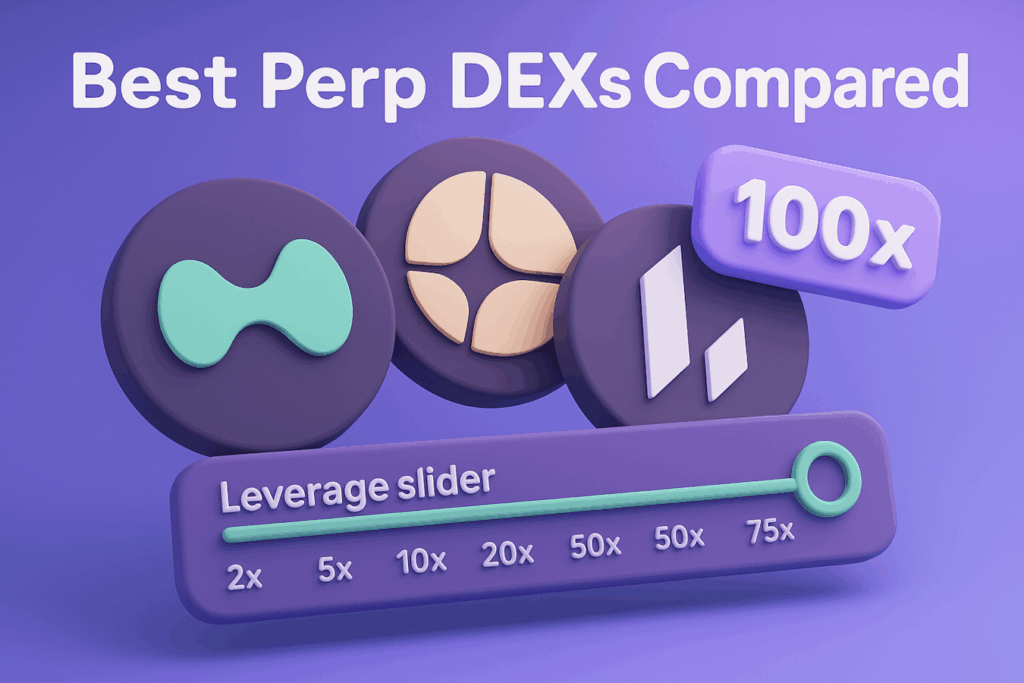share
Blockchain technology needs no introduction in the tech realm. The ambiguity of this term has led most people to associate it with the digital currency Bitcoin. However, that’s not the case. Blockchain technology encompasses various different domains. To better understand its advantages, let’s delve into how it works.
Introduction
In the tech realm, blockchain technology needs no introduction. Rarely has a technology brought about such fundamental and disruptive changes since the advent of the internet. Most people became aware of blockchain technology only after Bitcoin surged past the $17,000 mark in 2017. However, lately, blockchain is a frequently discussed topic among top tech companies.
The ambiguity of this term has led most people to associate it with the digital currency Bitcoin. However, that’s not the case. Blockchain technology encompasses various different domains. To better understand its advantages, let’s delve into how it works.
How Blockchain Technology Works
Blockchain technology is a distributed digital ledger that operates peer-to-peer. This means that every participating node/computer in the blockchain network has a copy of the entire blockchain. Each block comprises a set of data; the hash value of the block, transaction details, and the hash of the previous block.
The Bitcoin blockchain serves as a prime example. It stores the hash value of the current block, the hash of the previous block, detailed information of sender and receiver, and the amount of coins transacted. Blockchain creates new blocks by hashing the current and previous hash values. This enhances the security of the blockchain because once a block is created, its hash value is computed, and any alteration within the block would change the hash value, rendering all subsequent blocks invalid.
Before any block is appended to the blockchain, nodes must reach consensus through encryption algorithms such as the Proof of Work (PoW) algorithm used in the Bitcoin blockchain. The consensus algorithm also prevents single points of failure since over 50% of the blockchain network must acknowledge the transaction as valid. Once consensus is reached among participating nodes, the block gets appended to the blockchain.
What are the Advantages of Blockchain Technology?
Though still in its early stages, blockchain finds utility across multiple domains and boasts various advantages such as:
- Blockchain technology ensures all data passing through the chain is secure using digital signatures and encryption, hiding user identities using hash algorithms.
- The system has no central authority; hence, there are minimal to no transaction fees as no third party needs to be paid.
- By ensuring all transactions are validated by all nodes before being appended to the chain, trust on the network is enhanced, making the network more transparent.
- Data is stored on all participating computers/nodes, allowing for quick retrieval of any lost information from other computers/nodes.
- Users have the option to choose between public or private blockchain networks, providing several access levels and permissions based on the network’s purpose.
- The digital ledger stores data in chronological order, ensuring every transaction has a timestamp. Thus, users can trace the path of transactions, thereby controlling fraud and money laundering.
Where is Blockchain Technology Being Utilized?
Originally created as a transparent ledger for Bitcoin and cryptocurrencies, blockchain has seen growing applications in multiple domains. Blockchain offers three key features: transparency, immutability, and security. Currently, blockchain is being applied in areas such as financial services, healthcare, education, government, supply chain management, and real estate.

Benefits of Applying Blockchain Technology in Any Industry
The significance of blockchain technology lies in its almost limitless applicability. Just like the internet in its early days, blockchain can evolve and offer more solutions for multiple domains.
Greater Transparency
Similar to how you have a bank account associated with your name, blockchain technology provides its users with public addresses. However, these addresses are a unique set of characters that hide your identity. Through these addresses, every participating node in the network can track transactions while preserving their privacy. This provides an unparalleled layer of accountability for the network.
Enhanced Security
Blockchain technology is hailed as one of the most secure record-keeping systems. By utilizing cryptographic techniques, it ensures immutability. Since it’s distributed, once a transaction is validated and appended, it cannot be tampered with or altered, thus preventing single points of failure in the network. For any changes to be made on the chain by nodes, two sets of keys, namely private and public keys, and consensus from over 50% of nodes in the network are required. Without these parameters, transactions are deemed invalid.
Improved Efficiency
Due to its decentralized nature, transaction processes are faster and more efficient as there are no intermediaries. In traditional sectors like remittances and real estate, a significant amount of transactions can take days to complete. However, blockchain technology operates round the clock, meaning transactions can occur faster and more securely.
Top Advantages of Blockchain Technology in the Enterprise Realm
Reduced Operational Costs
One of the core advantages of blockchain technology is the elimination of intermediaries. This reduces any administrative work and operational costs associated with record-keeping and transaction verification, thus reducing or even eliminating any operational costs.
Enhanced Business with Smart Contracts
Blockchain allows businesses engaged in frequent transactions to create digitally signed smart contracts. They are convenient as they are immutable. Therefore, once the code is written, there’s no need for repetition; it just needs to be implemented on another transaction.
Transparency, Traceability, Authenticity, Reliability, and Security
Lastly, blockchain technology provides effective traceability, authenticity, transparency, reliability, and security. This is because all data is encrypted, making it more secure, and every aspect of transactions can be recorded and tracked.

Potential Advantages of Blockchain Technology for Government
Blockchain offers valuable features for governments, particularly in enhancing transparency, accountability, security, and citizen participation, impacting the realm of democratic governance as follows:
Building Trust with Skeptical Citizens Using Blockchain Technology
According to data from the Pew Research Center, only 18% of Americans say they trust the government to do what is right for its citizens most of the time. At a historic low in citizen trust, blockchain technology provides a solution.
A key characteristic of blockchain is transparency. Through transparency, blockchain changes the perception by allowing citizens to verify government claims themselves. Citizens can view data, track data, and ultimately verify data, thus alleviating concerns.
Protecting Sensitive Information
As custodians of societal records, governments are prime targets for global hackers. Identity theft is a part of today’s reality.
For instance, issues like the 2017 Equifax data breach and the 2015 data loss directly compromised the personal data, including social security numbers, of millions of American citizens and government employees under government oversight. Therefore, most American citizens believe the government should be held responsible for this.
This is where blockchain-based solutions play a crucial role. As blockchain is immutable and secured through cryptographic mechanisms, it eliminates the possibility of single points of failure, making the network resistant to hacker attacks.
Improving Efficiency and Lowering Costs
Currently, there are trillions of dollars of unchecked and untracked funds in federal budgets. Tracking and auditing these funds are both expensive and time-consuming. Blockchain technology can alleviate this issue. If effectively implemented, blockchain will reduce redundancy, streamline processes, ensure data integrity, and lower audit budgets.
How the Creative Industry Benefits from Blockchain Technology
Blockchain technology promises to redefine how artists receive compensation. It provides a platform where intellectual property creators can derive value from their work. A common challenge among creators is the proliferation of third parties like YouTube, which takes up a significant portion of the link between creators and their audience. Consequently, artists end up receiving less compensation and have less say in this regard. Smart contracts, peer-to-peer transactions, and distributed nodes are some of the blockchain features used to address these issues.
What’s the True Cost of Your Bacon?
The advantages of secure, transparent, and tamper-proof blockchain technology outweigh its disadvantages. Not adopting or even researching blockchain technology poses a significant threat to your company.








